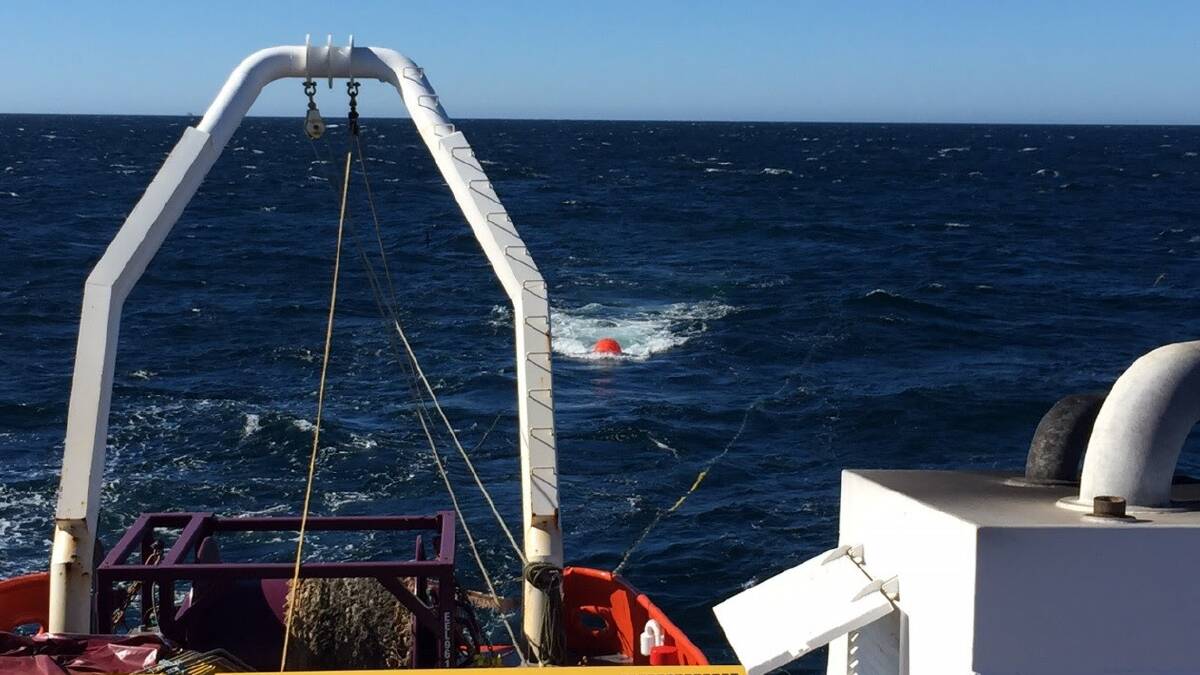A lot of dead fish – that’s the fallout a Hunter commercial fishing industry leader expects after seismic testing is finished off the coast of Newcastle.
Subscribe now for unlimited access.
$0/
(min cost $0)
or signup to continue reading
Western Australia-based company Advent Energy received approval from the Commonwealth regulator in January to use an air gun to shoot acoustic pulses into the ocean floor in search of gas deposits about 30km off the east coast. The testing, which will take place over three to four days this week, was due to start last Monday but a cyclone in Queensland delayed the survey vessel’s journey to the Hunter.
Newcastle Commercial Fishermen’s Co-operative general manager Robert Gauta said there were no noticeable impacts on Monday morning’s seafood haul – but that was because the weather was too rough for the regular fishers to work in the test area.
Recalling the impacts of seismic testing off the coast of Port Stephens in 2010, he said he expected the marine ecosystem in the test zone to be affected for months.
“We’ve found from previous experience of our fishers who have worked in that part of the world that it takes months and months for the ground to recover,” Mr Gauta said.
“The grounds that they’re going over now, if the same thing happens as last time [2010], there’ll be a lot of dead fish, a lot of dead bottom feed – the little fish we don’t market that the fish we try to catch are feeding on.
“So we’re concerned that’s going to be an issue. That’s our primary concern.”
Goh Hock, chairman of Advent Energy’s parent company MEC Resources, said in a statement that the testing began on Monday after a “short delay due to unfavourable sea state conditions”.
The company has repeatedly said its operation would not detrimentally affect the environment, but there has been growing community opposition to the project.
Professional fishermen catch whiting, flathead, snapper, leatherjacket and some minor species in the area where Advent Energy is searching for gas.
“We all need power, we all need fuel. But the most populated part of this country is arguably between Sydney and Newcastle. Surely there are other places that have gas – they can keep it away from the major population,” Mr Gauta said.

“Worst case scenario, if there’s an issue with the gas or oil well, do we really want it in the most populated part of the country, this close to shore?”


